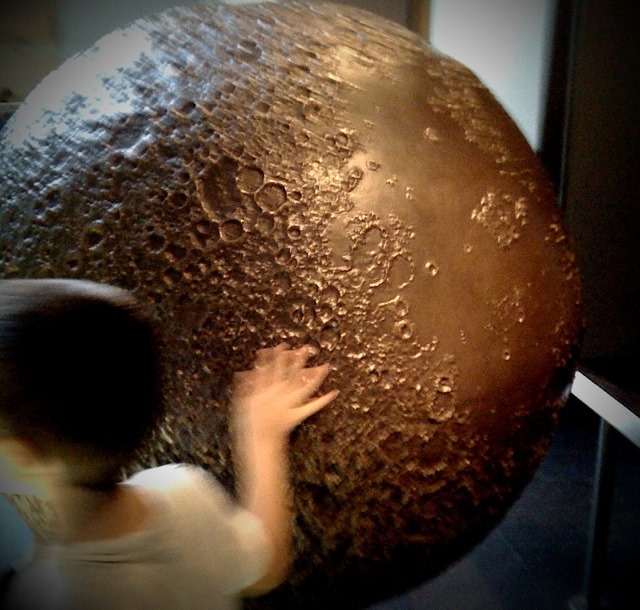 STEM is acronymic jargon for the education of kindergarteners through college seniors in Science, Technology, Engineering, Math. Apparently the education is inadequate and uneven and seen as appropriate for nerdy boys but not girls or persons of color – something like that. It’s discussed in hushed and worried tones and if you’re interested in science at all, you hear a lot about STEM. I’m all for it but I leave it to other folks.
STEM is acronymic jargon for the education of kindergarteners through college seniors in Science, Technology, Engineering, Math. Apparently the education is inadequate and uneven and seen as appropriate for nerdy boys but not girls or persons of color – something like that. It’s discussed in hushed and worried tones and if you’re interested in science at all, you hear a lot about STEM. I’m all for it but I leave it to other folks.
I’ve spent a lot of time around African nurses lately. They come from a lot of countries, mostly sub-Saharan. They are educated and smart as they want to be; they work 12-hour shifts and most of them have two jobs; they’re tired a lot but are not allowed to be sloppy or cranky. I admire them greatly.
I was telling one of these nurses that I was a science writer and she said, “Oh, my son is so interested in science!” He’s in middle school, she said; he’s in science club. “How are the science classes?” I asked. “Ok,” she said, “they’re ok. It’s astronomy he loves and they don’t do astronomy.” I told her I wrote about astronomy. “He reads about it all the time,” she said, “he knows everything about it, he tells me and I don’t even understand what he’s saying.” I saw my opportunity to do my part for STEM.
To begin with, the middle school is not in a part of town known for spectacular education of any kind, let alone STEM. So the nurse would have to be her son’s advocate. But her English is also not spectacular and I could see an overworked teacher or administrator dismissing her questions. And with long shifts and two jobs, advocating might take time she doesn’t have. And because in a former life I taught middle school students, I knew enough about education to know that even advocating wasn’t going to make a dent in the problem. I felt bad about this nurse who works so hard and her son who loves astronomy, leaving them to the benign indifference of the public education system.
But I did know astronomers interested in STEM and maybe one of them knew of programs or books or something. I wrote the nearest one an email, asking where he’d advise the nurse and her son to start. He wrote back: “They could start by having lunch with me.”
Oh glory be! This was perfect – a living astronomer the nurse’s son could actually see, who’d maybe tell him how to get himself in position to make the high jump into astronomy. I was so excited, I took my computer down to the nurses’ station to show the nurse his email. The nurse was happy and wrote him back, they couldn’t make a date for lunch until he got back from somewhere, they made a date, she had to back out, they rescheduled, he had to leave for somewhere.
Meanwhile, the nurse asked me to meet her son. We sat in a triangle, the three of us. The nurse’s son talked nonstop about astronomy. He talked and talked, everything he’d watched on TV or read. He was getting some of the science right, some wrong, some right but in the wrong context. He jumped from subject to subject, no connection that he knew about, just one fact, then another fact, then another one. I told him about one of the connections, made a little story of it. He listened but he wasn’t interested. I asked him what he wanted to know from the astronomer when they met. He didn’t know and wasn’t interested in discussing it. I suggested a couple of questions; he wasn’t interested. He didn’t seem to believe anything could come of this. He just wanted to tell me facts, in fact, not even tell me, just say them. He was exquisitely polite, responsive, a little worried, and he only wanted to say facts about astronomy.
Weeks and weeks have passed, as have more rescheduled lunch dates, and I’ve finally stopped asking the nurse if her son is going to meet the astronomer. I tried explaining to her that the meeting wouldn’t be magic but her son would see astronomy in the forms of a concrete person, that he could go forth and do likewise, that who knows, maybe connections would lead to connections and school projects and summer jobs, internships, who knows. But no lunch date seems to be upcoming. Now I just hug her when I see her.
Maybe the STEM problem is, at bottom, always a human problem, solvable one human at a time. And a society-wide solution won’t be easy because the science is hard and because humans are always, always complicated: they’re overworked, or speak another language, or don’t believe anyone can help, or whatever’s going on with them is a complete mystery.
_________
Photo: Kate Harding
It sounds like the problem is that schools are teaching STEM in terms of regurgitated facts, not as a process of curiosity and learning.